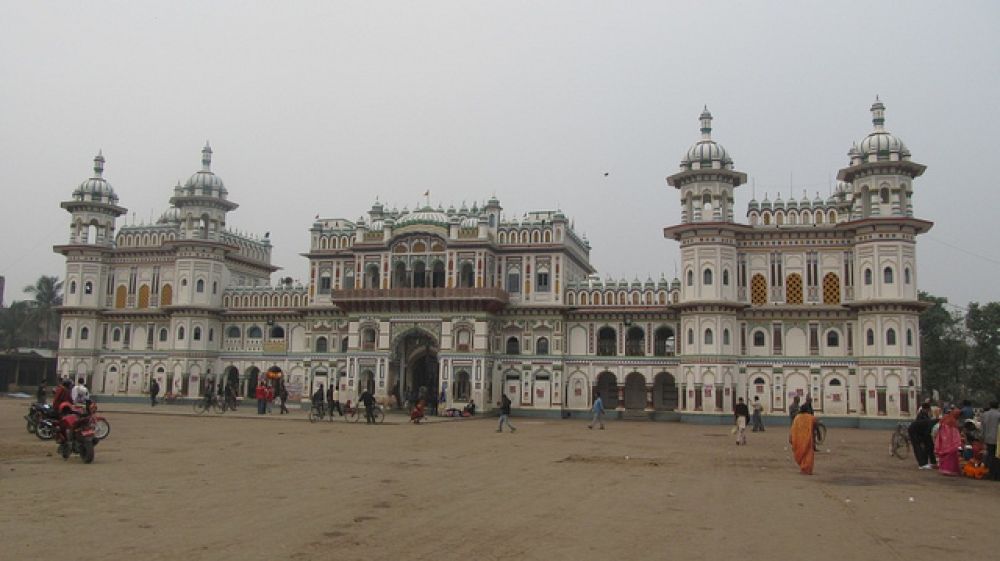

Janakpur, also known as Janakpurdham, is a city of immense religious and historical significance located in the Terai region of Nepal. With its origins steeped in the ancient epic of Ramayana, Janakpur is revered as the birthplace of Goddess Sita and the site where she married Lord Ram, making it a cherished destination for Hindu devotees across the globe.
The history of tourism in Janakpur is intrinsically linked to its religious importance. For centuries, the city has welcomed pilgrims wishing to pay homage at the sacred Janaki Mandir, a temple dedicated to Goddess Sita. However, the area's development as a tourist destination beyond religious tourism has been a more recent phenomenon.
In the late 20th century, the Government of Nepal, recognizing the potential for cultural and heritage tourism, took steps to promote Janakpur as a significant stop on the country's tourist circuit. Infrastructure developments such as improved transportation links, the establishment of hotels and guesthouses, and the promotion of local arts and crafts helped to attract a more diverse array of visitors.
Today, Janakpur's appeal extends beyond religious significance; it has become a hub for experiencing the rich cultural and artistic traditions of the Mithila region. Tourists can explore the vibrant local art scene, characterized by the intricate and colorful Mithila paintings, a traditional art form practiced primarily by women in the area.
The city also hosts various festivals throughout the year, with the most prominent being the Vivaha Panchami, a grand celebration marking the marriage of Sita and Ram, attracting thousands of pilgrims and curious travelers alike.
In recent years, the government and various NGOs have launched initiatives to preserve Janakpur's heritage and promote sustainable tourism. There is a focus on community-based tourism projects, aiming to empower local communities and encourage visitors to engage more deeply with the region's culture and people.
Moreover, Janakpur has been connected to Kathmandu via the recently inaugurated Janakpur-Kathmandu Railway line, which is expected to significantly boost tourism. This rail link not only facilitates easier access for national and international tourists but also marks a new chapter in the connectivity and development of the region.
Modern tourism trends such as eco-tourism, digital nomadism, and experiential travel are starting to shape the way visitors interact with Janakpur. Travelers today are looking for authentic experiences, leading to a rise in demand for homestays, cultural workshops, and interactive tours that offer a glimpse into the day-to-day life of the locals.
In line with global travel trends, Janakpur's tourism stakeholders are continuously working to enhance visitor experiences by developing sustainable practices, leveraging technology, and providing platforms for cultural exchange. This approach not only preserves Janakpur's rich heritage but also ensures its viability as a vibrant tourist destination for years to come.
With a harmonious blend of ancient mythology, cultural wealth, and progressive tourism initiatives, Janakpur stands as a testament to Nepal's diverse tourist offerings, beckoning travelers from all walks of life to explore its historical and spiritual depth.